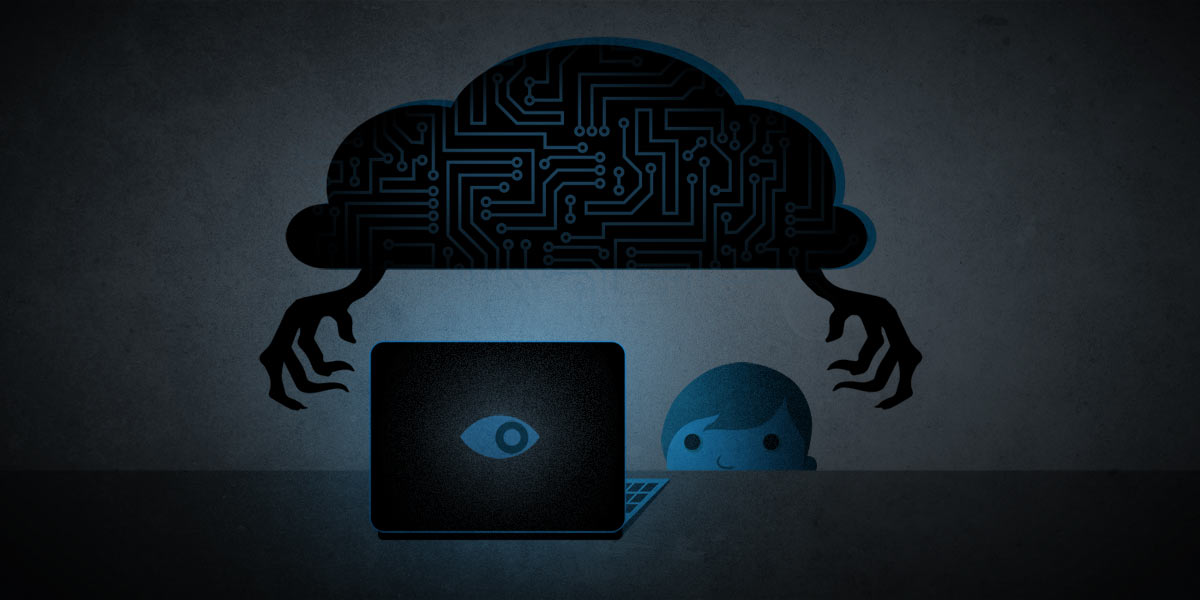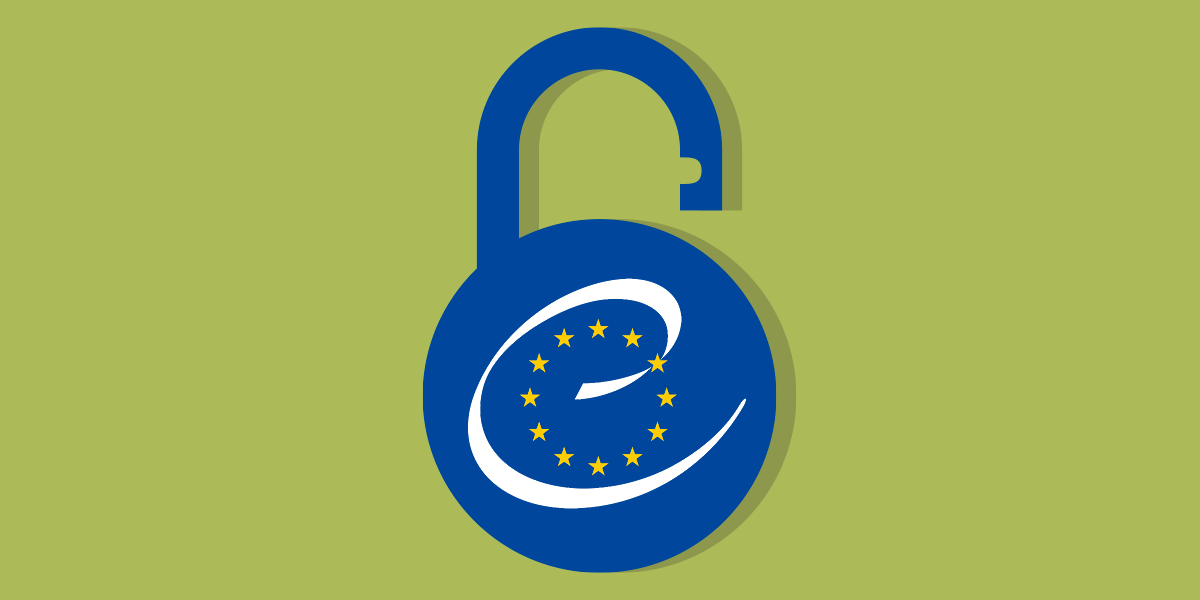The KOSA Internet Censorship Bill Just Passed The Senate—It's Our Last Chance To Stop It
The Senate just passed a bill that will let the federal and state governments investigate and sue websites that they claim cause kids mental distress. It’s a terrible idea to let politicians and bureaucrats decide what people should read and view online, but the Senate passed KOSA on a 91-3 vote.
Don't let congress censor the internet
Bill proponents have focused on some truly tragic stories of loss, and then tied these tragedies to the internet. But anxiety, eating disorders, drug abuse, gambling, tobacco and alcohol use by minors, and the host of other ills that KOSA purports to address all existed well before the internet.
The Senate vote means that the House could take up and vote on this bill at any time. The House could also choose to debate its own, similarly flawed, version of KOSA. Several members of the House have expressed concerns about the bill.
The members of Congress who vote for this bill should remember—they do not, and will not, control who will be in charge of punishing bad internet speech. The Federal Trade Commission, majority-controlled by the President’s party, will be able to decide what kind of content “harms” minors, then investigate or file lawsuits against websites that host that content.
Politicians in both parties have sought to control various types of internet content. One bill sponsor has said that widely used educational materials that teach about the history of racism in the U.S. causes depression in kids. Kids speaking out about mental health challenges or trying to help friends with addiction are likely to be treated the same as those promoting addictive or self-harming behaviors, and will be kicked offline. Minors engaging in activism or even discussing the news could be shut down, since the grounds for suing websites expand to conditions like “anxiety.”
KOSA will lead to people who make online content about sex education, and LGBTQ+ identity and health, being persecuted and shut down as well. Views on how, or if, these subjects should be broached vary widely across U.S. communities. All it will take is one member of the Federal Trade Commission seeking to score political points, or a state attorney general seeking to ensure re-election, to start going after the online speech his or her constituents don’t like.
All of these speech burdens will affect adults, too. Adults simply won’t find the content that was mass-deleted in the name of avoiding KOSA-inspired lawsuits; and we’ll all be burdened by websites and apps that install ID checks, age gates, and invasive (and poorly functioning) software content filters.
The vast majority of speech that KOSA affects is constitutionally protected in the U.S., which is why there is a long list of reasons that KOSA is unconstitutional. Unfortunately, the lawmakers voting for this bill have hand-waved away those concerns. They’ve also blown off the voices of millions of young people who will have their free expression constricted by this bill, including the thousands who spoke to EFF directly about their concerns and fears around KOSA.
We can’t rely solely on lawsuits and courts to protect us from the growing wave of anti-speech internet legislation, with KOSA at its forefront. We need to let the people making the laws know that the public is becoming aware of their censorship plans—and won’t stand for them.







